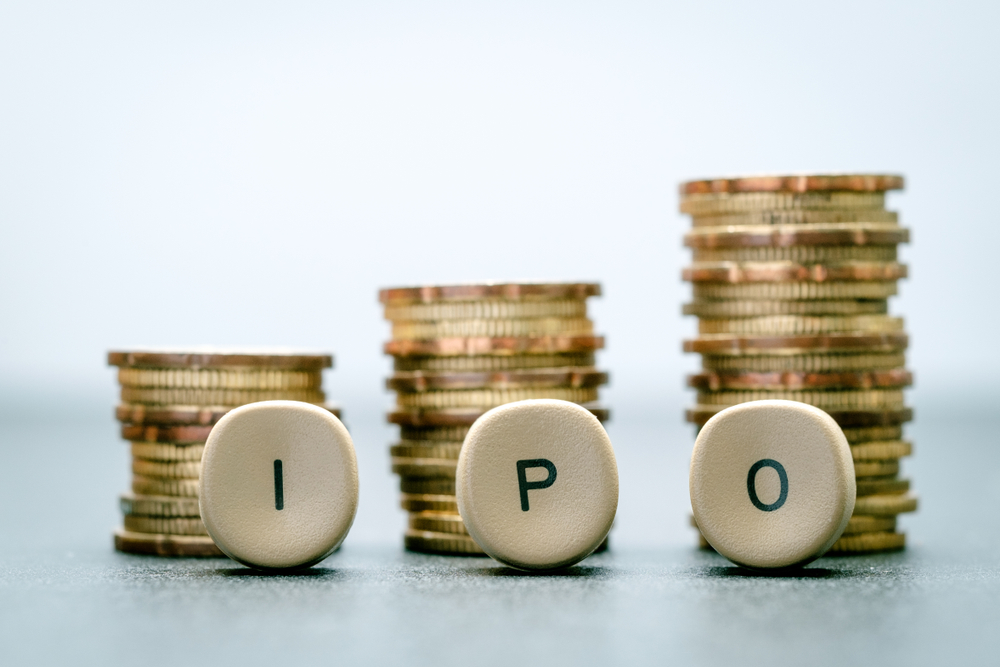Poundland was founded in 1990. The chain sells a variety of items, mostly at the single price of £1. The first store finally opened in December 1990. The pilot store faced many rejections from landlords for fears that a single price discount store could affect local competition.
In 2010 value retailers were experiencing a business boom, a trend that Poundland owners, Advent International decided to cash in on by putting the chain up for sale. On 4 May 2010 Poundland was sold to US private equity firm Warburg Pincus for £200 million.
Poundland extended its reach beyond the UK in 2011 with the opening of a store in the Republic of Ireland and later introducing the subsidiary chain of discount stores, Dealz to mainland Europe.
The Poundland IPO took place in March 2014, seeing the company valued at £750 million. The Poundland IPO floatation on the London Stock Exchange raised £375 million and a 37.9% stake remained with Warburg Pincus.
In 2015 Poundland acquired 99p Stores which was its closest rival, leaving PoundWorld as its closest competitor. In August 2016 a drastic drop in share price by over 50% prompted the acquisition by Steinhoff International for £610 million. As a consequence, Poundland shares were delisted from the London Stock Exchange (LSE). Despite this over 7 million customers shopped in Poundland every week throughout 2016.
Poundland has a huge range of products including core lines (stock purchased from the manufacturer), seasonal ranges or clearance stock. Approximately 10,000 new products are featured in store each year, the majority of which are unbranded. Originally the 70% of unbranded stock would vary the Poundland brand, however it was determined that sales would be increased by replacing the Poundland branding with a sub-brand. Many manufacturers of the in-house brand products choose to be marketed under this brand rather than have their own brand devalued with presence in a discount store.
In addition to its in-house branded products Poundland sells numerous well-known branded products including Colgate, Walkers and Cadbury. In 2009 they were the largest seller of batteries in the UK offering brands such as Sony, Panasonic and Kodak at competitive prices. Poundland has a non-consumer customer base in retailers that purchase stock off-the-shelf as the £1 each price tag is cheaper than paying a bulk purchase rate.

